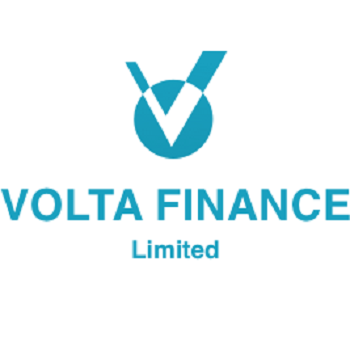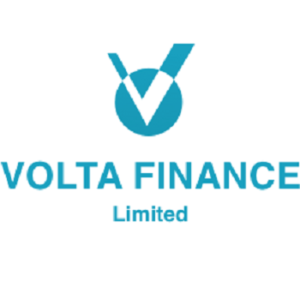Volta Finance Limited (LON:VTA) has announced a second interim dividend for the financial year commencing 1 August 2022.
The Company announces that it has declared a quarterly interim dividend of €0.13 per share payable on 3 August 2023 amounting to approximately €4.76 million, equating approximately to an annualised 8% of net asset value. The ex-dividend date is 20 July 2023 with a record date of 21 July 2023.
Volta Finance has arranged for its shareholders to be able to elect to receive their dividends in either Euros or Pounds Sterling. Shareholders will, by default, receive their dividends in Euros, unless they have instructed the Company’s Registrar, Computershare Investor Services (Guernsey) Limited, to pay dividends in Pounds Sterling. Such instructions may be given to Computershare either electronically via CREST or by using the Currency Election Form which has been posted to shareholders and a copy of which is also available on the website www.voltafinance.com within the “Investors – Other Documents” section. The deadline for receipt of currency elections is 12:00 (midday) on 24 July 2023.
Volta Finance Limited is incorporated in Guernsey under the Companies (Guernsey) Law, 2008 (as amended) and listed on Euronext Amsterdam and the London Stock Exchange’s Main Market for listed securities. Volta’s home member state for the purposes of the EU Transparency Directive is the Netherlands. As such, Volta is subject to regulation and supervision by the AFM, being the regulator for financial markets in the Netherlands.
Volta’s Investment objectives are to preserve its capital across the credit cycle and to provide a stable stream of income to its Shareholders through dividends that it expects to distribute on a quarterly basis. The Company currently seeks to achieve its investment objectives by pursuing exposure predominantly to CLO’s and similar asset classes. A more diversified investment strategy across structured finance assets may be pursued opportunistically. The Company has appointed AXA Investment Managers Paris an investment management company with a division specialised in structured credit, for the investment management of all its assets.



